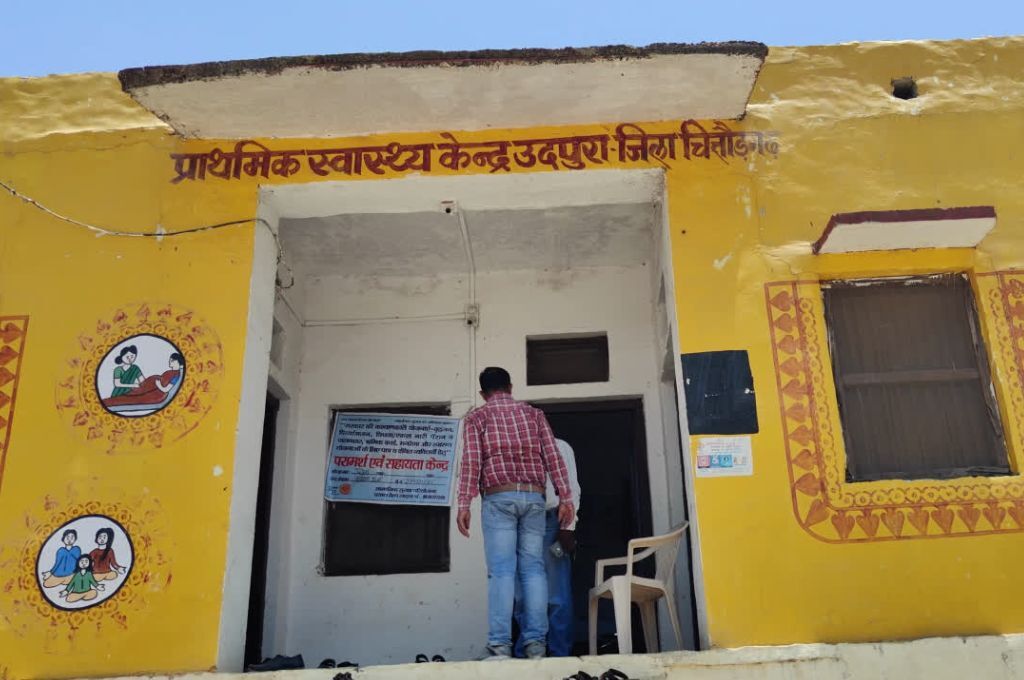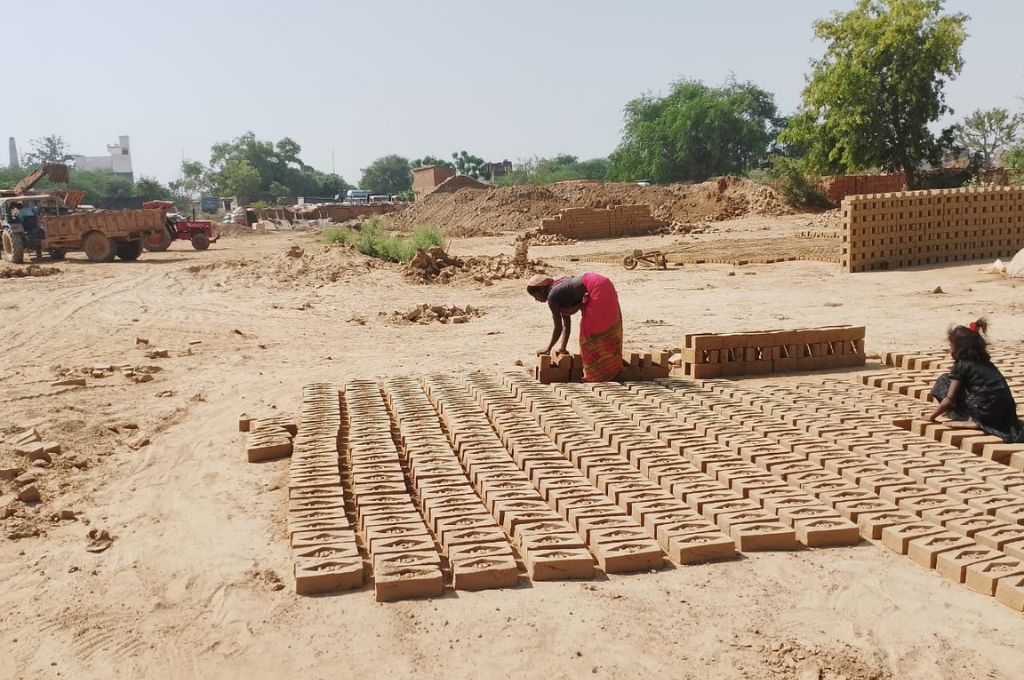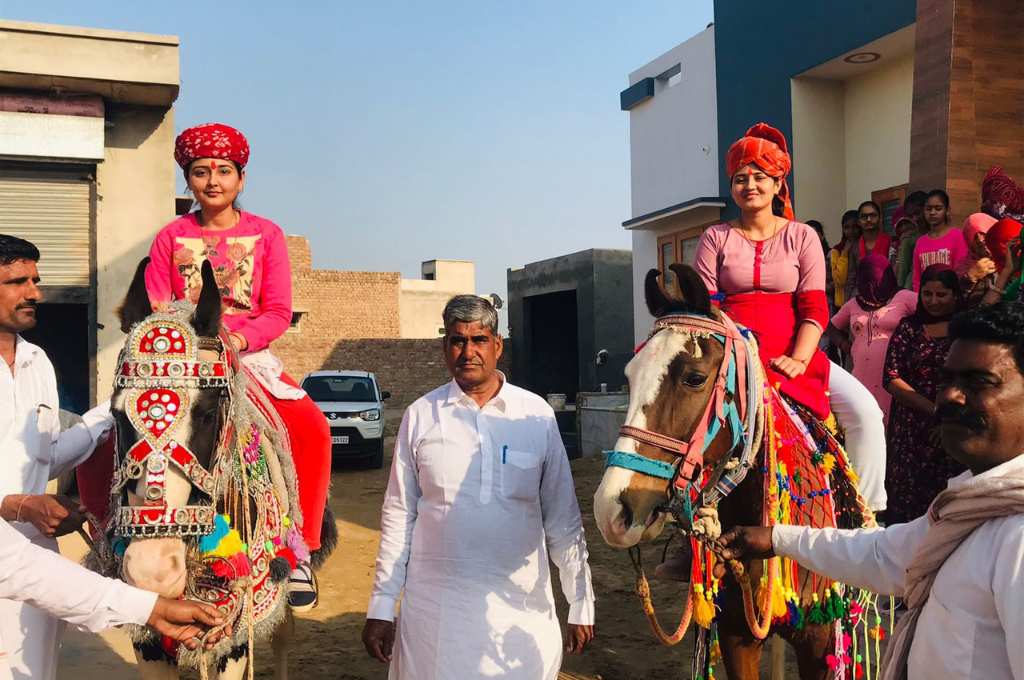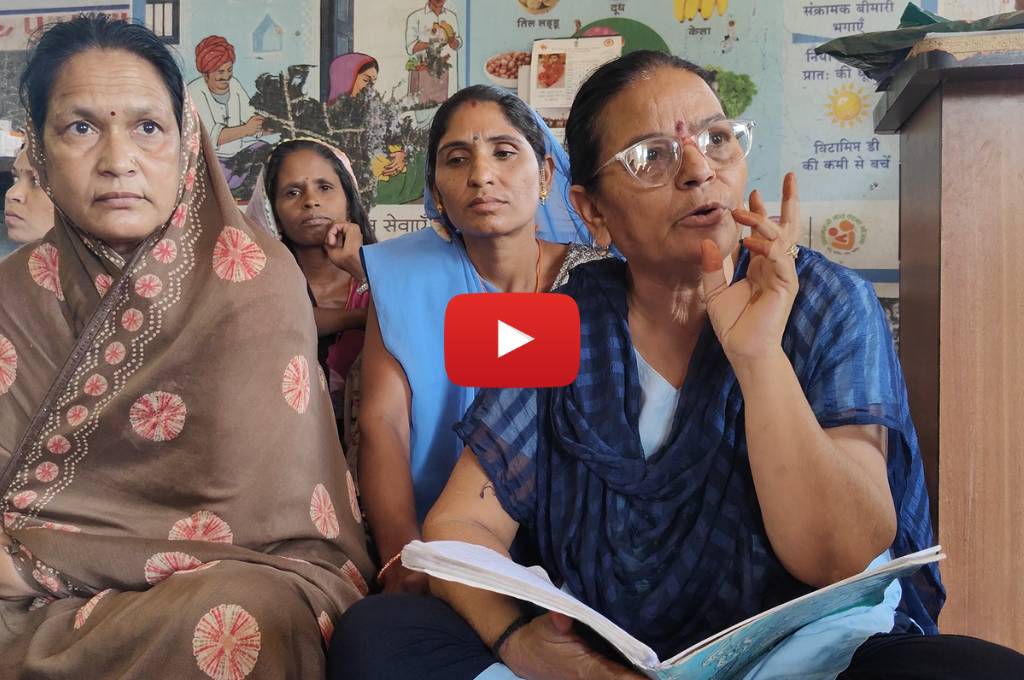READ THIS ARTICLE IN
The healthcare scare: Adivasis in Karnataka fear public hospitals
The poor health of Adivasi communities in the remote regions of Karnataka can be attributed to lack of access to basic amenities such as clean drinking water and sanitation facilities and proper income, roads, and housing. All these factors make them more susceptible to illnesses, but they refuse to seek treatment at the government healthcare centres in their locality. Instead, they choose to stick to traditional Ayurvedic practitioners.
Susheela Kenjoor Koraga, a PhD researcher on Adivasi health in Karnataka, says, “It is very difficult to convince people to visit the district hospital or the taluka hospital. In the past, we have involved community leaders to convince them. But even then they would agree only if they were severely ill.”
“This wait till the last moment has unfortunately resulted in many deaths over the years, which has further contributed to people’s mistrust in public hospitals,” she adds.
Susheela’s colleague Mahantesh S K talks about his similar experience. “When we would try to take them to hospitals or talk about health awareness, they would lock their doors and run away to the forest.”
He remembers a particular incident from Chamarajanagar district. “A person had gangrene. We admitted him for surgery at a public hospital nearby, but he ran away on the day of the surgery, leaving his wife behind. Later we found out that he got himself admitted at a private hospital, even though the public facility was free of cost.”
Susheela belongs to the indigenous Koraga community, one of the particularly vulnerable tribal groups in Karnataka. She has spent years in research, trying to figure out how to address this fear and mistrust among the people. For a project with Institute of Public Health (IPH) and George Institute of Global Health, she interviewed Adivasi leaders, hospital staff, and district- and state-level health authorities to understand the necessary policy-level interventions that might help.
She found that the major concern for community members was the way they were treated when they visited the healthcare centres. They often saw that their treatment faced more delays than that of non-Adivasis. Further, they did not understand the language of communication and could not explain their illnesses to the hospital staff. It was an unfamiliar and scary space for them. In cases where healthcare organisations such as IPH ensured that there was a member from their team always present to help the Adivasi people navigate the hospitals, the community members found it safe to continue with their treatment.
Susheela and her colleagues have now worked on a proposal that they have submitted to the government. The proposal asks to make it mandatory that a health navigator from local Adivasi communities be present at all times at the district and taluka hospitals. The Karnataka government is planning to implement the policy in eight districts of the state.
As told to IDR.
Susheela Kenjoor Koraga is a research associate at Institute of Public Health, Bengaluru, and a fellow at the Tribal Leadership Programme 2022; Mahantesh S K is a research officer at Indian Institute of Public Health.
—
Know more: How Odisha’s traditional healers are now countering a superstition they created.
Do more: Connect with Susheela Kenjoor Koraga at [email protected] to learn more about and support her work.



